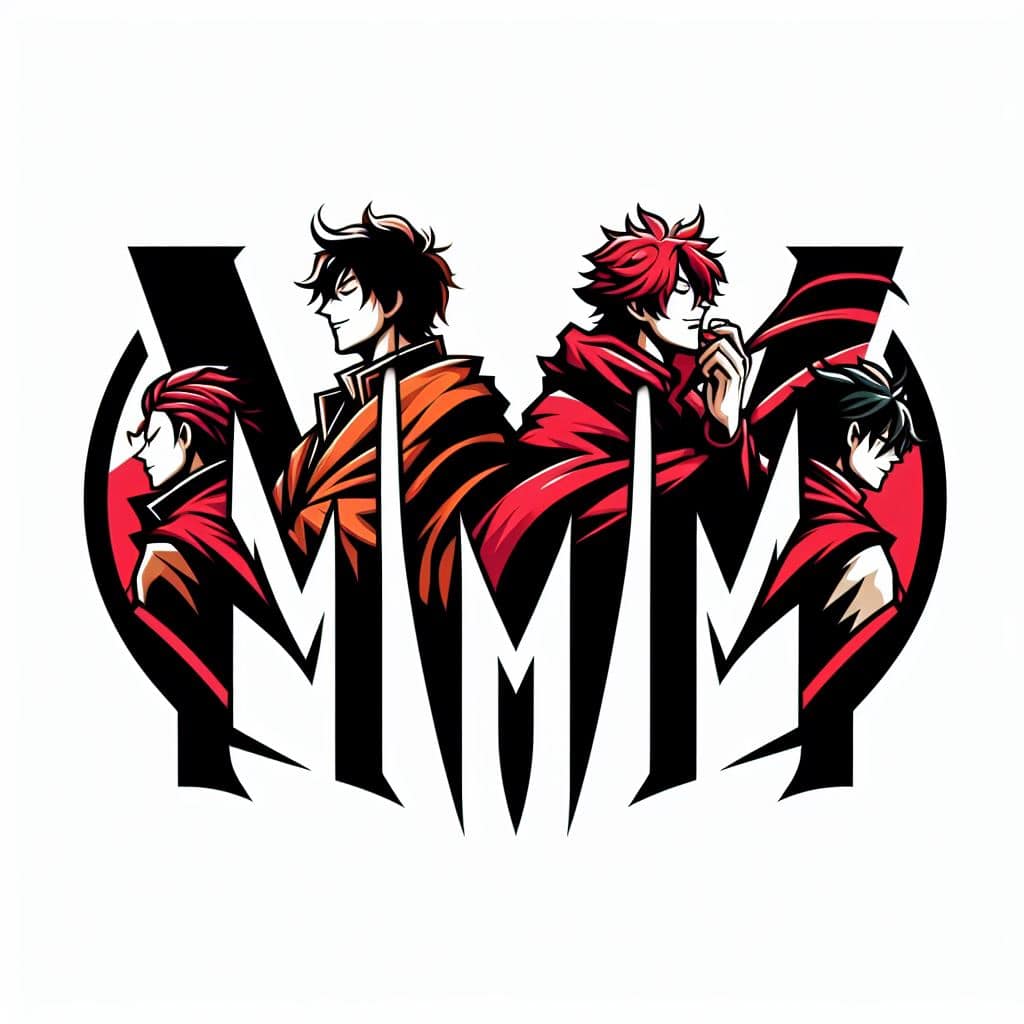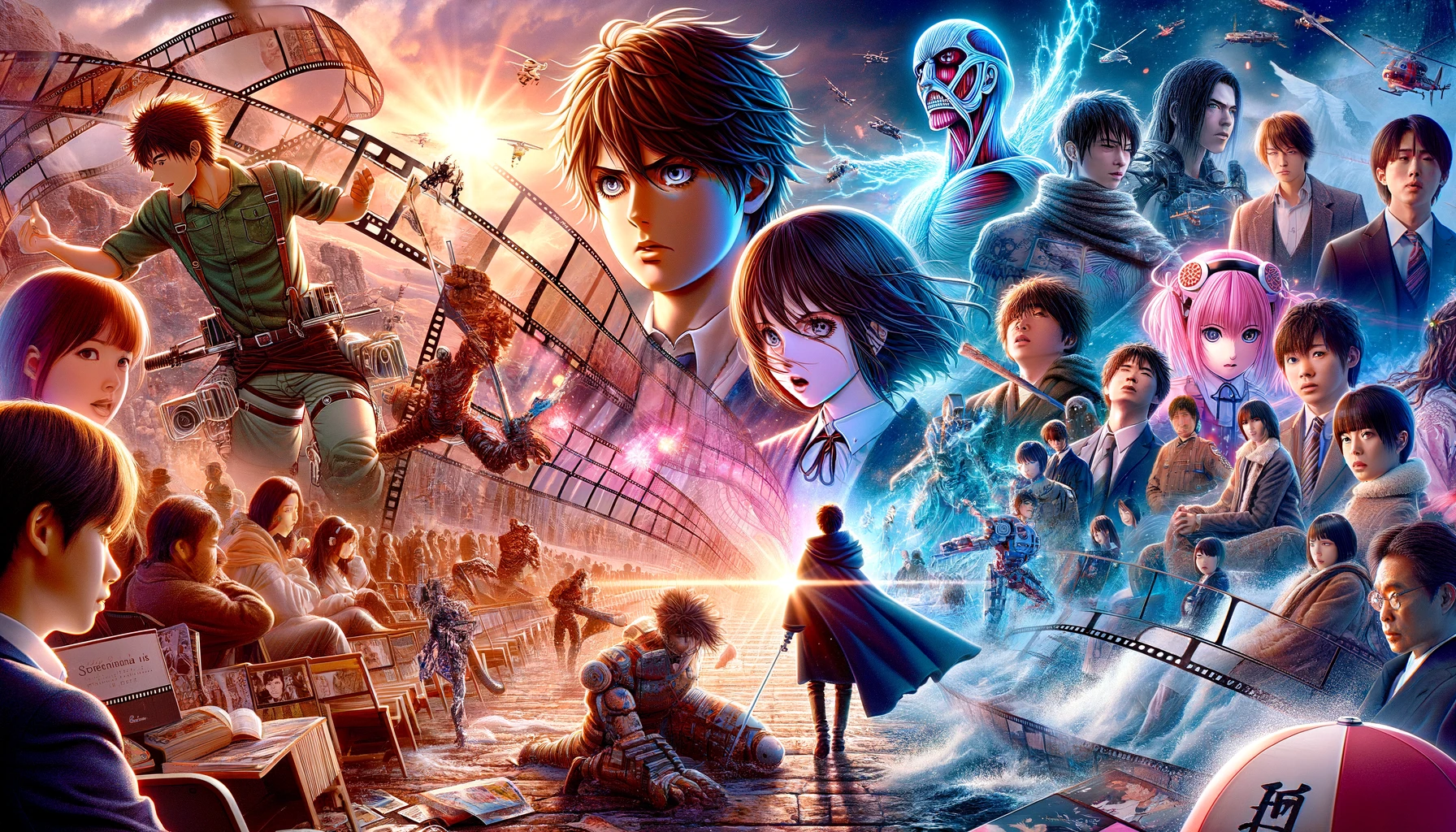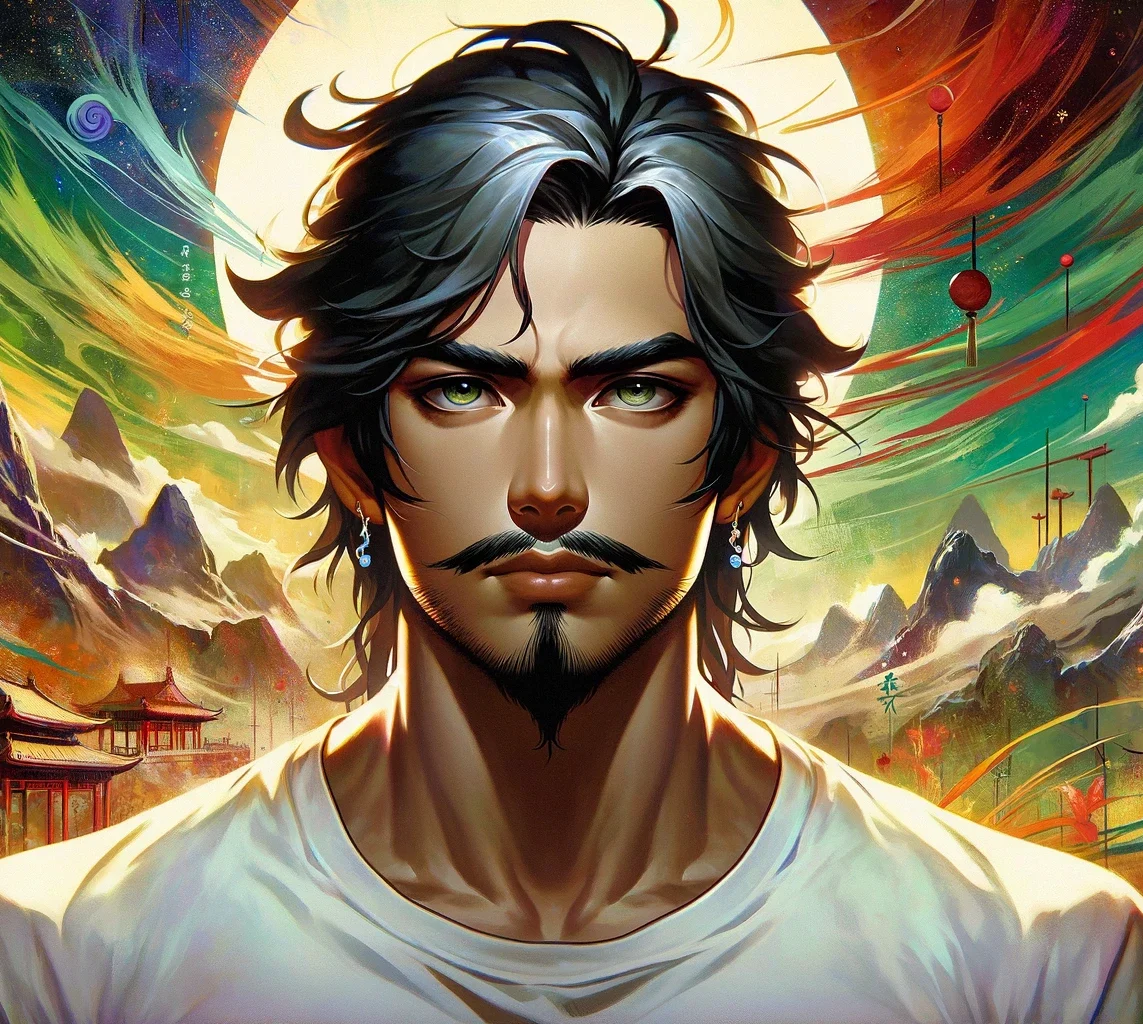The world of Japanese entertainment has long been captivated by the art of bringing manga to life through live-action adaptations. These manga adaptations are not mere translations of stories from page to screen; they are a unique form of artistic expression that combines the rich narratives of manga with the visceral impact of live cinema. In recent years, this trend has gained global attention, with several adaptations garnering international acclaim.
The Process and Appeal of Adapting Manga to Live-Action
Turning manga into live-action is a process of taking the story from comic book pages and making it into a movie or TV show. This isn’t just about copying the story exactly; it’s about bringing the manga to life in a way that feels real and exciting.
Keeping the Spirit
The main goal is to keep the true feel of the manga. This means understanding the story, the characters, and what makes them special. The idea is to keep what fans love about the manga and add the magic of movies or TV to make it even more interesting.
Making Characters Real
In live-action, real actors play the characters, and the settings are like in the real world. This makes the characters and their adventures feel closer to us, letting us connect with them in a different way than in the manga.
Facing Challenges
Changing manga into live-action can be tough. There are often big differences between how stories are told in comics and in movies or TV. But these challenges can lead to creative and exciting new ways to tell the story.
Why People Love It
For those who love manga, seeing their favorite stories and characters in live-action is amazing. It’s also a way for new fans to get into the story, as some people prefer watching movies or TV. This makes the world of manga richer and gives everyone more ways to enjoy these stories.
For more insights into Asian comics and their adaptations, check out this Introduction to Manhwa, Manhua, and Manga.
Top 10 Manga to Live-Action Adaptations
Let’s dive into some of the most notable adaptations that have made a significant impact.
1. Alice in Borderland
This 2020 science fiction thriller, based on Haro Aso’s manga, transports its main character, Arisu, to a perilous Borderland. The series is praised for its stunning graphics and the cast’s ability to bring the manga characters to life with raw emotion.
2. I Am Hero
“I Am Hero” brings a unique twist to the zombie genre, adapted from the manga by Kengo Hanazawa. It’s acclaimed for its innovative approach to the familiar theme, blending horror elements with character-driven narratives.
3. Ichi the Killer
Based on Hideo Yamamoto’s manga, “Ichi the Killer” is a gritty, visceral film that delves into the dark underbelly of the Yakuza world. Its graphic content and intense storytelling have made it a cult classic, showcasing a different facet of manga adaptations.
4. Attack on Titan
Adapting one of the most popular mangas of recent times, “Attack on Titan” is a monumental feat. The live-action film captures the grand scale and intense drama of Hajime Isayama’s creation, bringing to life the epic battles and complex characters that have captivated millions.
5. Death Note
“Death Note,” adapted from Tsugumi Ohba and Takeshi Obata’s manga, is a dark, psychological thriller that has garnered a massive following. The live-action films capture the intense cat-and-mouse game between Light Yagami and L, keeping viewers on the edge of their seats.
6. Kimi ni Todoke: From Me to You
Netflix’s adaptation of Karuho Shiina’s shojo manga offers a heartwarming high school romance. It follows the character development of Sawako Kuronuma as she overcomes her challenges with friendships and love.
7. Rurouni Kenshin
This action-packed samurai film series, spanning five movies, is based on Nobuhiro Watsuki’s manga. It stands out for its brilliant graphics, deep storytelling, and stunning fight scenes.
8. Midnight Diner: Tokyo Stories
A Netflix series that surpasses its manga origin, set in a mysterious diner in Tokyo. It’s a series rich in philosophical life lessons, offering a unique viewing experience.
9. ReLIFE
“ReLIFE” tackles the theme of redoing one’s life, as the main character, Kaizaki Arata, revisits his high school days. The film beautifully conveys messages of cherishing the present and embracing every moment.
10. One Piece
The adaptation of Eiichiro Oda’s vast manga “One Piece” into a live-action series by Netflix has been a global success. It captures the essence of the original manga with its vivid portrayal of the seas, ships, and the Straw Hats’ adventures.
For a deeper dive into the world of dramas adapted from comics, including manhwa, explore this comprehensive guide.
Additional Notable Manga Adaptations
Beyond the top 10, there are numerous other adaptations that have left a mark on the genre. Here’s a look at some of them:
1. Kakera: A Piece of our Life
Based on Erica Sakurazawa’s “Love Vibes,” this film explores complex relationships and the subtleties of homosexual relationships in Japan, offering a nuanced portrayal of its characters’ struggles and desires.
2. Tokyo Tribe
Sion Sono’s “Tokyo Tribe,” adapted from Santa Inoue’s manga, presents a unique blend of hip-hop culture, violent battles, and a kaleidoscope of characters, making it an absurd yet visually captivating experience.
3. Air Doll
Hirokazu Koreeda’s “Air Doll,” based on Yoshiie Gods’ “Kuuki Ningyo,” delves into themes of loneliness and love through the surreal story of an inflatable doll that comes to life, highlighting the power of human connections.
4. Honey and Clover
A heartwarming coming-of-age story, “Honey and Clover,” adapted from Chica Umino’s manga, captures the intricacies of love and life among a group of art students, emphasizing the importance of finding one’s place in the world.
5. Tokyo Zombie
An offbeat blend of horror and comedy, “Tokyo Zombie,” based on Yusaku Hanakuma’s manga, combines post-apocalyptic themes with slapstick humor, offering a unique take on the zombie genre.
6. Thermae Romae
Hideki Takeuchi’s adaptation of Mari Yamazaki’s “Thermae Romae” is a humorous and absurd tale of a Roman architect who finds inspiration in modern-day Japan, showcasing the timeless nature of creativity and innovation.
7. Azumi
Ryuhei Kitamura’s “Azumi,” adapted from Yu Koyama’s manga, presents a gripping tale of ninjas on a mission, filled with intense action and internal conflicts, highlighting themes of loyalty and honor.
8. Yakuza Weapon
A blend of action and humor, “Yakuza Weapon,” based on Ken Ishikawa’s manga, follows a Yakuza’s quest for revenge, featuring exaggerated manga aesthetics and a rapid-paced narrative.
9. Nana
Kentaro Otani’s “Nana,” adapted from Ai Yazawa’s manga, explores the lives of two young women with the same name but different personalities, showcasing the diversity of human experiences and the power of friendship.
10. The Mole Song: Undercover Agent Reiji
Takashi Miike’s adaptation of Noboru Takahashi’s “Mogura no Uta” is a vivid and flamboyant portrayal of an undercover police officer infiltrating the Yakuza, demonstrating Miike’s mastery in adapting manga to film.
Fan-Favorite Adaptations
According to a survey on MyNavi Woman, some adaptations have resonated deeply with fans, becoming beloved interpretations of their manga counterparts. Top fan picks include “Hana Yori Dango,” “Nodame Cantabile,” “Death Note,” “Kimi ni Todoke,” and “Rurouni Kenshin”. These adaptations have not only captivated audiences but have also influenced the manga and film industries, setting high standards for future adaptations.
Conclusion
Japanese live-action versions of manga bring together two forms of art in an interesting way. They show us the creative worlds of manga from the perspective of real-life movies and TV shows. As these versions keep getting better, they do more than just entertain. They push the limits of how stories can be told, offering new and exciting ways to experience these tales.



Leave a Reply